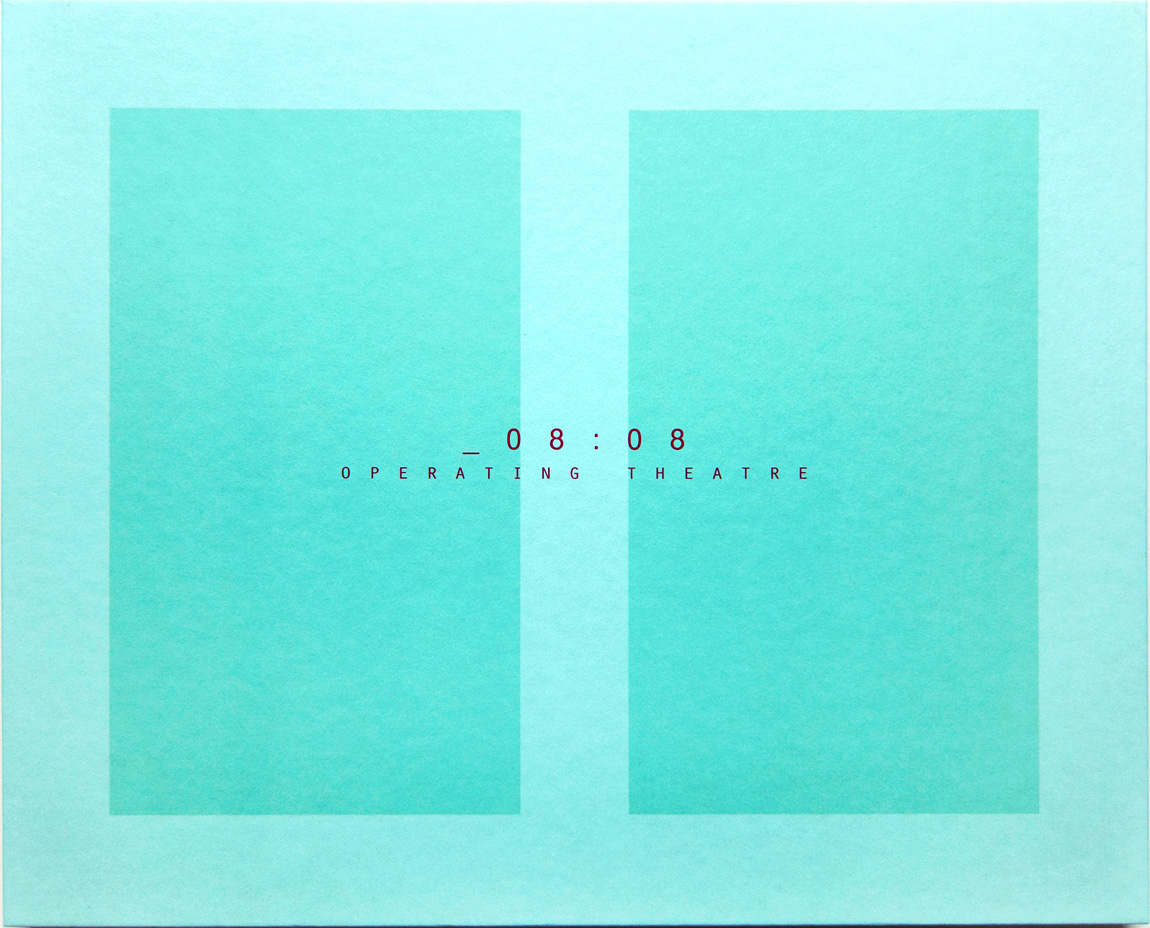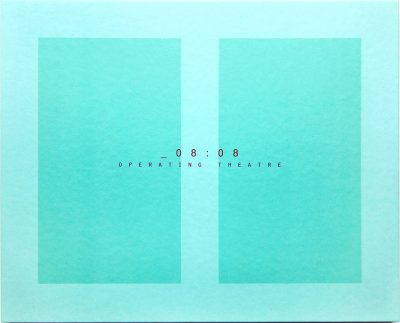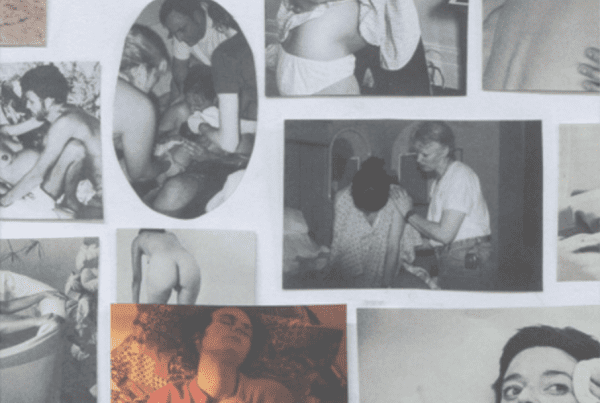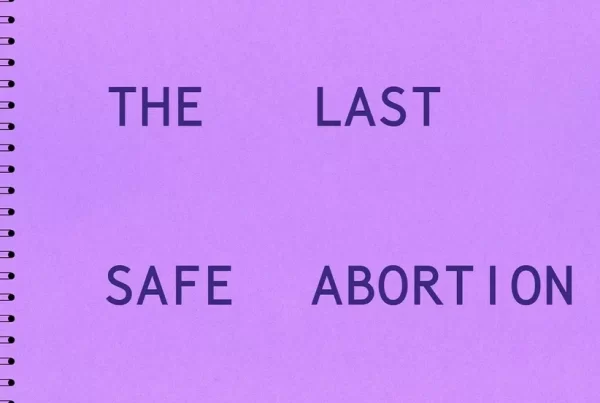
 _08:08 Operating Theatre
_08:08 Operating Theatre
Pino Musi
Self-Published
English
Hardcover
Edition of 400
30 pages
340 x 430 mm
2013
ISBN Not Available
‘I ‘prepared” 7 images taken in 3 operating theatres in southern Italy. The shooting method, as in most of my work, was based on rigorous planning: the shots were made with a large-format camera, attached to a tripod, exactly 5 minutes after the end of surgery and the exit of the patient, and 10 minutes before the nurses put the room in order for the next intervention.
Therefore, in that time frame, there was an opportunity for one shot only. It all started at 08:08 on March 21 to finish at 09:00 on 27 March 2009. I had also been waiting for interventions for up to 8 hours long.
What did we expect to find at the end of each intervention, me and the ‘apparatus’ with which I would have to situate myself inside the room, without touching anything around me? I had to make decisive choices in terms of time and space. Operate a simultaneous hand-to-hand fight, between the photographer-machine and the elements of a place similar to a battlefield: with speed, determination and precision, I had to intercept the ‘remains’ of the hand-to-hand fight between surgeon and patient. A ‘highlight’ of the suspended time of hope: this also was the direction. The result to be achieved: a picture, ‘devoid’ of the human body, where the occurrence developed in a time just before my entry into the scene left a tangible trace of itself without forcedly determining any subsequent progression.
The choice of black and white would avoid any immediate recognition of the elements of easier spectacularity (blood, traces of the combat), avoiding accents that would give another meaning to the work. But I wanted the 7 images, already exhibited and acquired by prestigious foundations, to be part of a book which remains for me the space more compatible to my work.
‘_08: 08 Operating Theatre’ instead is a note, composed of ecstatic variations, of 7 images (like the 7 days of our week).
With Antonello Scotti, curator of the design of the book, we decided to take the responsibility to accept this suspension, this is not a definitive act of reasoning and so not treating this object of thought as any other subject. We determined the book as a ‘room of thought.’
We then built the path with textual breaks that would allow a continual entry and exit from the images and compel the looker of the book to focus on the mix between organic and inorganic (what is the one and what is the other?), to investigate the interior of the stage machine, to recognize the traces of the fight left on the field of battle. But the textual pauses should have been meaningful to the ‘organized chaos’ of the images, to the oxymorons contained in them. We then assimilated to the project a playwriter very dear to me: Antonin Artaud, who had made ‘inorganicity’ and the dialogue with the human despair of being vulnerable the cornerstones of his poetry.’
(source: https://choisi.info/products/_08-08-operating-theatre)
About the Artist
Pino Musi is a photographer and visual artist based in Paris. Pino began his practice at the age of 14 learning, as a self-taught, the technique of black and white. The fascination for the dark room and the constant attendance of avant-garde theater, at least until the end of the eighties, marked his experimentation both on a linguistic and conceptual level. Equally crucial were the meetings with the director Jerzy Grotowski and the Swiss architect Mario Botta, with whom he collaborated closely for years. Musi’s work has intersected multiple areas of interest such as anthropology, architecture, archeology or, again, industry. His current research on the form is part of a coherent project and finds the best medium of expression through the art of bookmaking, particularly in the creation of artists’ books, for which he has been internationally acclaimed on various occasions. More than twenty-five books with his works have been published so far.
pinomusi.com
(source: https://www.pinomusi.com/about)



